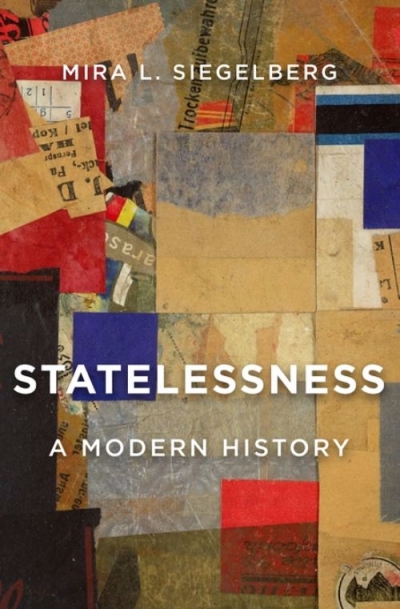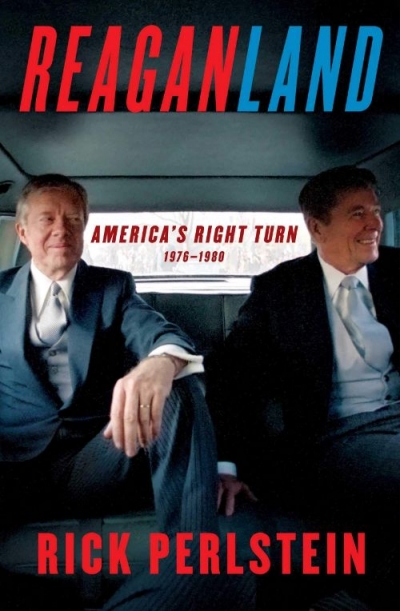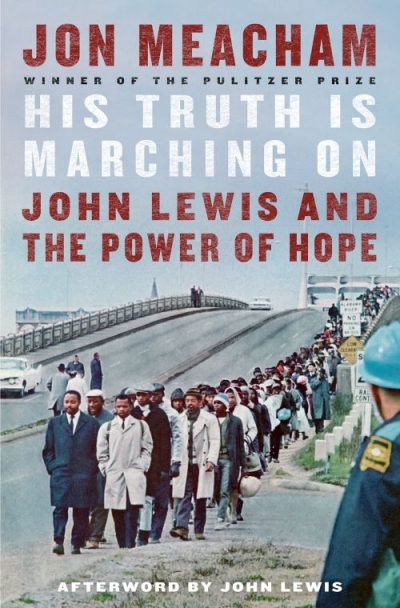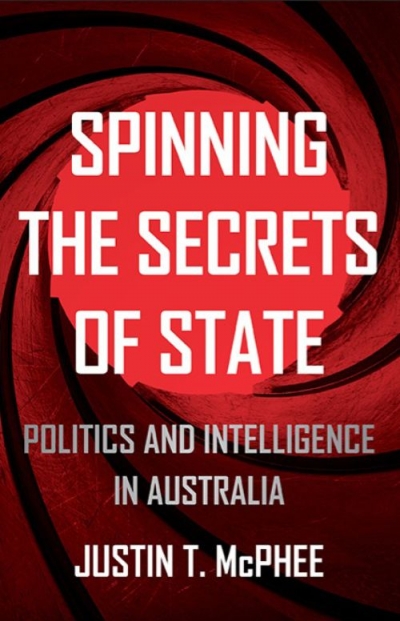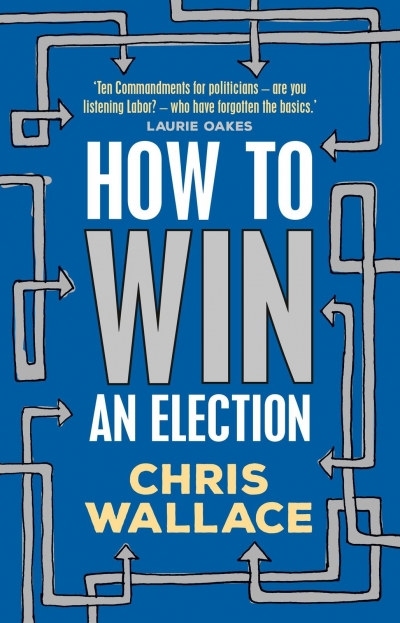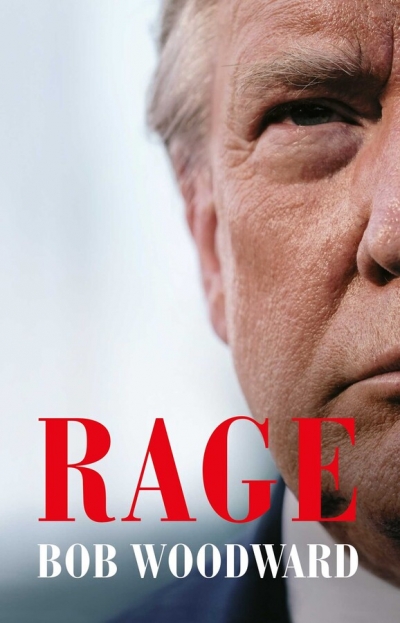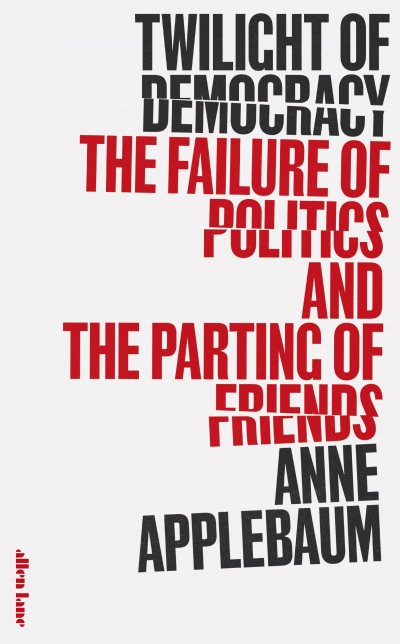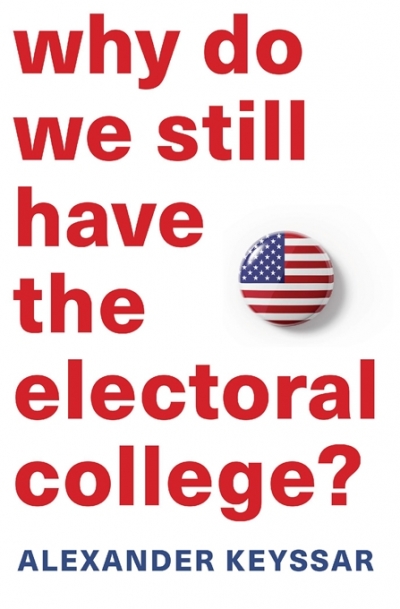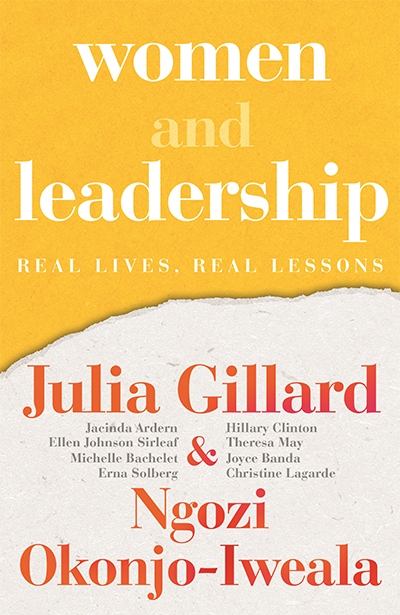Politics
‘Half a Jew’s life is consumed by the futile battle with papers,’ wrote Joseph Roth, in The Wandering Jews (1937), his little-known collection of essays written not long before the Holocaust. ‘The struggle for papers, the struggle against papers, is something an Eastern Jew gets free of only if he uses criminal methods to take on society.’ Faced with police demanding to see ‘exotic, improbable papers’, the Eastern Jew who possesses too many troublesome names, inaccurate birthdates, and no proper nationality to speak of is sent packing, ‘again, and again, and again’.
... (read more)Reaganland: America’s right turn 1976–1980 by Rick Perlstein
On 4 November 1980, Ronald Reagan was elected president of the United States. The former radio announcer, Hollywood actor, and governor of California (1967–75) beat Jimmy Carter by four hundred and forty electoral college votes. No contender had beaten an incumbent by that much since 1932, when in the midst of the Great Depression Franklin D. Roosevelt triumphed over Herbert Hoover. And much like FDR’s victory, Reagan’s win in 1980 permanently altered the course of US politics. The welfare state that had existed under both Democratic and Republican presidents was diminished, if not entirely dismantled. The religious right, previously a nonentity in American politics, gained major clout. And the economic tenets of neo-liberalism, dismissed as fringe ideas in previous decades, took centre stage.
... (read more)His Truth Is Marching On: John Lewis and the power of hope by Jon Meacham
John R. Lewis, who died in July 2020, was an extraordinary man. Born poor, the son of tenant farmers in rural, segregated Alabama, Lewis was one of America’s most prominent civil rights leaders by the age of twenty-three. He spoke at the March on Washington in 1963, when Dr Martin Luther King Jr delivered his famous ‘I have a dream’ speech.
... (read more)Spinning the Secrets of State: Politics and intelligence in Australia by Justin T. McPhee
It is not surprising that a book on the politicisation of intelligence in Australia should begin and end by referring to the invasion of Iraq in 2003. For many Australians, that episode will long remain the classic example of the misuse of intelligence for partisan political purposes, in sharp contrast to the ideal that intelligence analysts should speak truth to power, giving policymakers their unvarnished assessments, rather than telling them what they want to hear.
... (read more)Thucydides once said, ‘In a democracy, someone who fails to get elected to office can always console himself with the thought that there was something not quite fair about it.’ Chris Wallace is not inclined to agree with the Greek historian, particularly when dissecting the Labor Party’s shock federal election loss in 2019. In her latest book, How to Win an Election, Wallace nominates the ten things that Labor must get right to succeed at the next federal election, and self-pity is nowhere among them. This approach appears simplistic, even tongue-in-cheek at times, but she has captured the key elements of electoral success and makes a strong case that Australia cannot afford another ALP loss.
... (read more)Tom Lehrer famously believed that Henry Kissinger’s Nobel Prize for Peace rendered satire impossible. Has Donald Trump’s presidency made the same true of political journalism? This may sound counterintuitive. After all, Trump has been a boon for news outlets and book publishing, as well as for social media. Bob Woodward’s Rage sold 600,000 copies in its first week. And that the dean of White House scribes herein abandons his trademark disinterest and pronounces authoritatively that ‘Trump is the wrong man for the job’ has been treated as news in itself. Yet so what?
... (read more)In year four of their respective terms, George W. Bush and Barack Obama enjoyed a mixed press. Some accounts lauded them, others were sceptical. The assessments were uniformly partisan. The titles of contemporary books reflected how Republicans backed Bush (he was ‘The Right Man’), Democrats Obama (for successfully ‘Bending History’). Donald Trump, on the other hand, stands as one of the most vilified presidents in American history, from all points of the spectrum. Indeed, these books together make the case that the forty-fifth president is a man so psychologically flawed he poses a clear and present danger to American democracy.
... (read more)Twilight of Democracy: The failure of politics and the parting of friends by Anne Applebaum
‘Our age,’ begins the epigraph to Anne Applebaum’s book Twilight of Democracy, ‘is indeed the age of the intellectual organization of political hatreds.’ This disarming quote from French writer Julien Benda dates back to 1927; how little has changed in a century. Just one generation after the triumphant ‘end of history’ – and notwithstanding the impact of Covid-19, fleetingly referenced here – Western democratic societies are prey to institutional decline, increasing distrust, violence, and hatred.
... (read more)Why Do We Still Have the Electoral College? by Alexander Keyssar
In 2016, Hillary Clinton received nearly three million more votes for president of the United States than Donald Trump. Despite this sizeable margin, Clinton was not elected. The reason was the electoral college, a method for picking presidents that emerged as an ‘eleventh-hour compromise’ at the Constitutional Convention at Philadelphia in 1787 and that has never been abolished.
... (read more)Women and Leadership: Real lives, real lessons by Julia Gillard and Ngozi Okonjo-Iweala
No Australian feminist is likely to forget the moment when Germaine Greer appeared on Q&A and declared that our first female prime minister should wear different jackets to hide her ‘big arse’. Greer, of course, has blotted her copybook many times before and since, but if we needed proof that a woman leader could not catch a break in this country, here was Australia’s most celebrated feminist joining in the new national pastime of hurling sexist invective at the prime minister.
... (read more)
